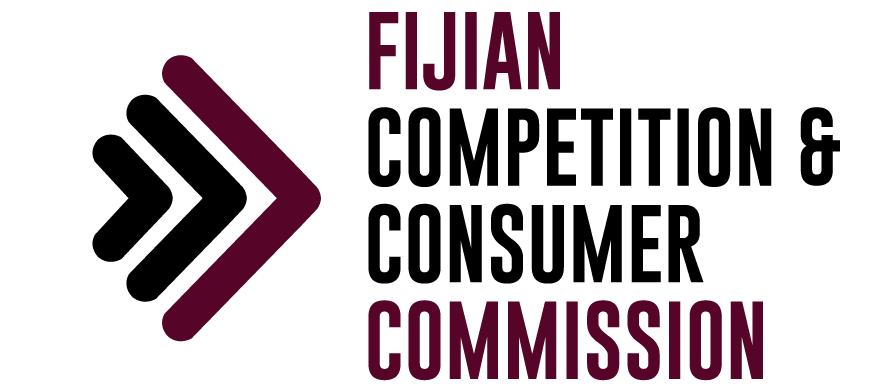More than three million social media accounts from Fiji are part of a major international massive data breach now dubbed the “Mother of All Breaches” or MOAB by international cybersecurity researchers.
Well-known security analyst McAfee said the data breach involves more than 26 million records compiled from LinkedIn, Twitter, Adobe, and thousands of other organisations worldwide.
In light of this, the Fijian Competition and Consumer Commission (FCCC) is urging Fijians to take necessary steps in securing their online accounts, one of which is to use tools such as ‘Cybernews’ Personal Data Leak Checker’ to check if their accounts have been compromised.
The Fiji Times’ quick check with Cybernews’ Personal Data Leak Checker showed that 3,452,946 social media accounts, and 13, 176 websites from Fiji have been breached over the years.
“This breach, as per the experts, is one of the biggest leaks in history and has exposed a vast amount of personal data from people worldwide, encompassing personal information, email addresses, passwords, and financial data,” FCCC said in a statement yesterday.
“The impact of this leak may extend to Fiji, as well.”
According to FCCC, a cybersecurity expert Bob Dyachenko of SecurityDiscovery.com, who discovered the leak, emphasised that the dataset presented a high level of danger, with the potential for threat actors to exploit it in various malicious activities, including identity theft, sophisticated phishing, targeted cyberattacks, and unauthorised access to personal and sensitive accounts.
FCCC is advising the public not to take this breach lightly, “as it could pose a serious threat to your privacy and security”.
“The exposed information can be exploited for identity theft, phishing scams, and financial fraud. “It is vital that we collectively take immediate steps to safeguard ourselves and our fellow Fijians,” FCCC said.
Fijians are advised to follow the following steps in order to secure their social media accounts data.
1. Check your data: use tools like [Have I Been Pwned] (https://haveibeenpwned.com/) and [Cybernews’ Personal Data Leak Checker] (https://cybernews.com/) to see if your personal information has been compromised in this or any other breach.
2. Enable two-factor authentication (2FA): For all online accounts, especially those containing sensitive personal or financial information, enable 2FA.
3. Update passwords: use strong, unique passwords for each account with a combination of letters, numbers, and symbols.
4. Regular monitoring: regularly monitor your accounts for any unusual activity and report any suspicious behaviour immediately to your service provider or ICT support.
5. Stay informed and cautious: New cyber threats emerge daily. Staying informed about the latest online threats and being cautious about sharing personal information online is critical.



